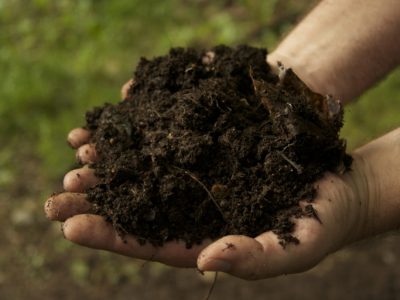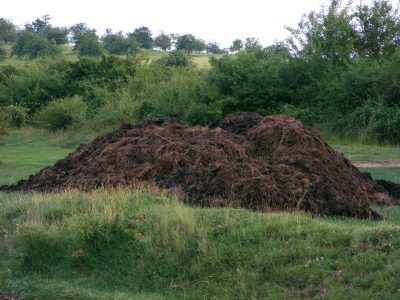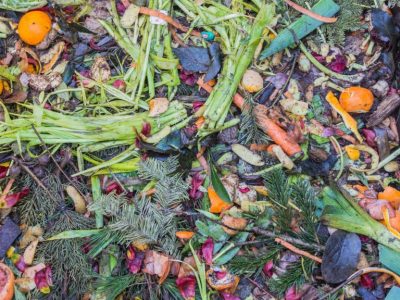07
SEP
2017
Probiotics: An Alternative to Antibiotics in the Livestock Industry
Comments : 0
Livestock nutrition is arguably the most important thing to producers across the industry. With the new ban on the use of antibiotics as growth promoters, and the increasing strains of antibiotic resistant bacteria, farmers and ranchers are looking for new safe and effective ways to prevent and treat diseases in livestock. Probiotics are one way in which farmers are meeting these goals. The Livestock Industry and Antibiotic Use The global livestock industry is huge. In the United States alone, livestock production is estimated to be responsible for 50% of all antibiotics consumed and 37% of all applied pesticides. The animals themselves were found to consume 95% of oat and 80% of corn production in the United States. With current agricultural practices and ever increasing demand, this... Read More





